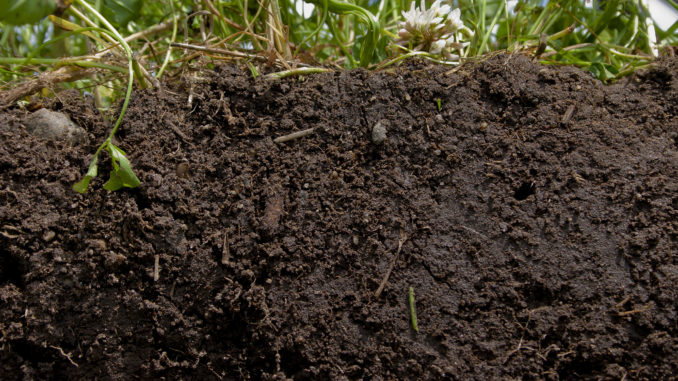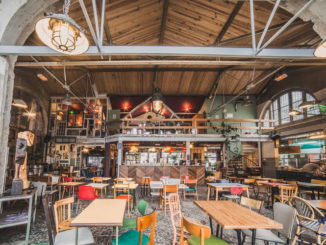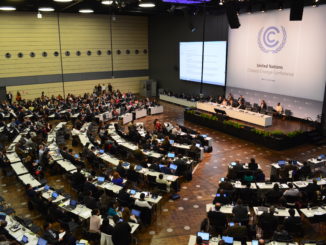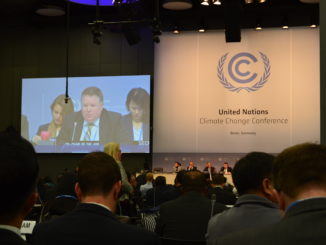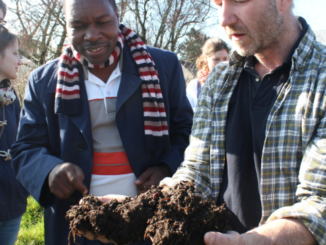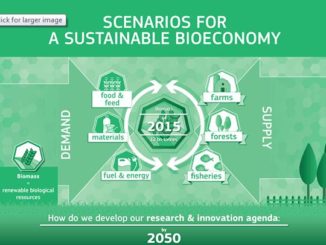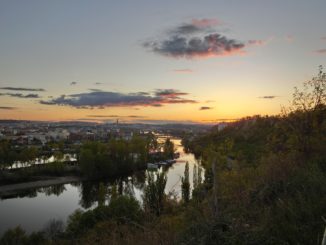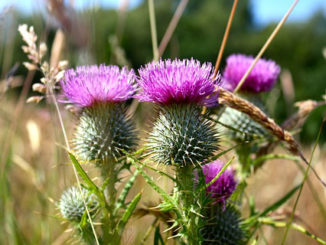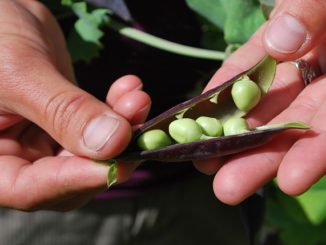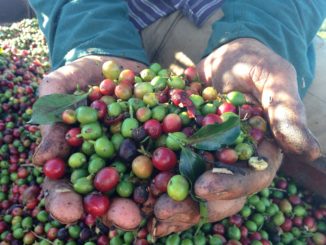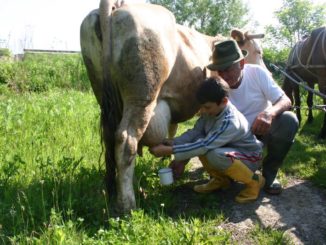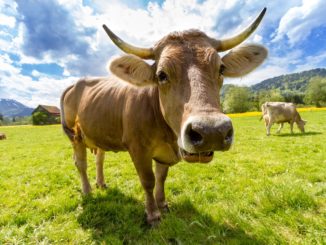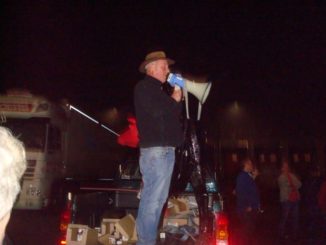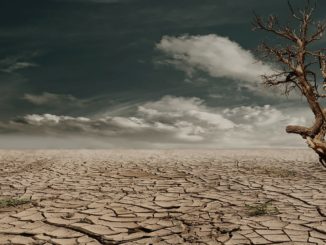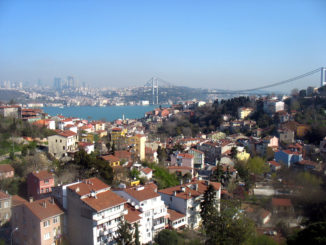Cool the Planet, Feed the World: The Power of Regenerative Food and Farming to Save the Planet At REcyclerie, Paris, France. To date, global climate crisis conversations have focused on solely emissions reduction. While necessary, reducing fossil fuel emissions alone is simply inadequate – it is a 50% solution. Even if we were to cut all human-induced greenhouse gas (GHG) emissions today, the globe would continue to warm for decades or even centuries to come. However, there is hope. There is growing scientific evidence that regenerative organic agriculture can reverse climate change through soil carbon sequestration, while at the same time delivering other essential ecological, economic, and health benefits. Given that the industrial food and farming system as a whole is the number one cause of GHG emissions, climate activists need to start thinking of themselves as food, farming and natural health activists as well. Regeneration International is hosting “Cool the Planet, Feed the World: The Power of the Regenerative Food and Farming to Save the Planet” to raise awareness about how regenerative organic agriculture can […]
